The Hospitality Sales and Marketing Association International (HSMAI) and Knowland present The New Sales Team, a white paper that discusses how the evolving tactics of hotel sales teams are in turn changing the dynamic between hotel management companies and owner groups. The new sales team is focused on direct selling, fulfills multiple functions across a tiered organization, and does not rely on inbound leads.
While the white paper focuses on sales teams, the information within it is applicable to hoteliers across the commercial functions, as the dynamics continue to change and disciplines increasingly overlap.
Through interviews with industry leaders, the white paper examines how sales teams are moving from an overreliance on inbound leads to a renewed commitment to hunting and data-driven selling, and how this affects the type of data that sales teams, management companies, and ownership groups need and how they use that data.
Access the full white paper here.
“Indeed, the pandemic has actually created an opportunity for hoteliers to shift revenue strategy and reconfigure their sales teams in a way that may not have been a priority during the previous levels of economic boom and oversupply of RFPs. Making these changes permanent and setting now smaller sales teams up for overall success requires more than an everyone-do-more-with-less ethos. Sales teams need to be equipped with strategies and data tools to pivot from a reactive to a proactive approach as demand returns.”

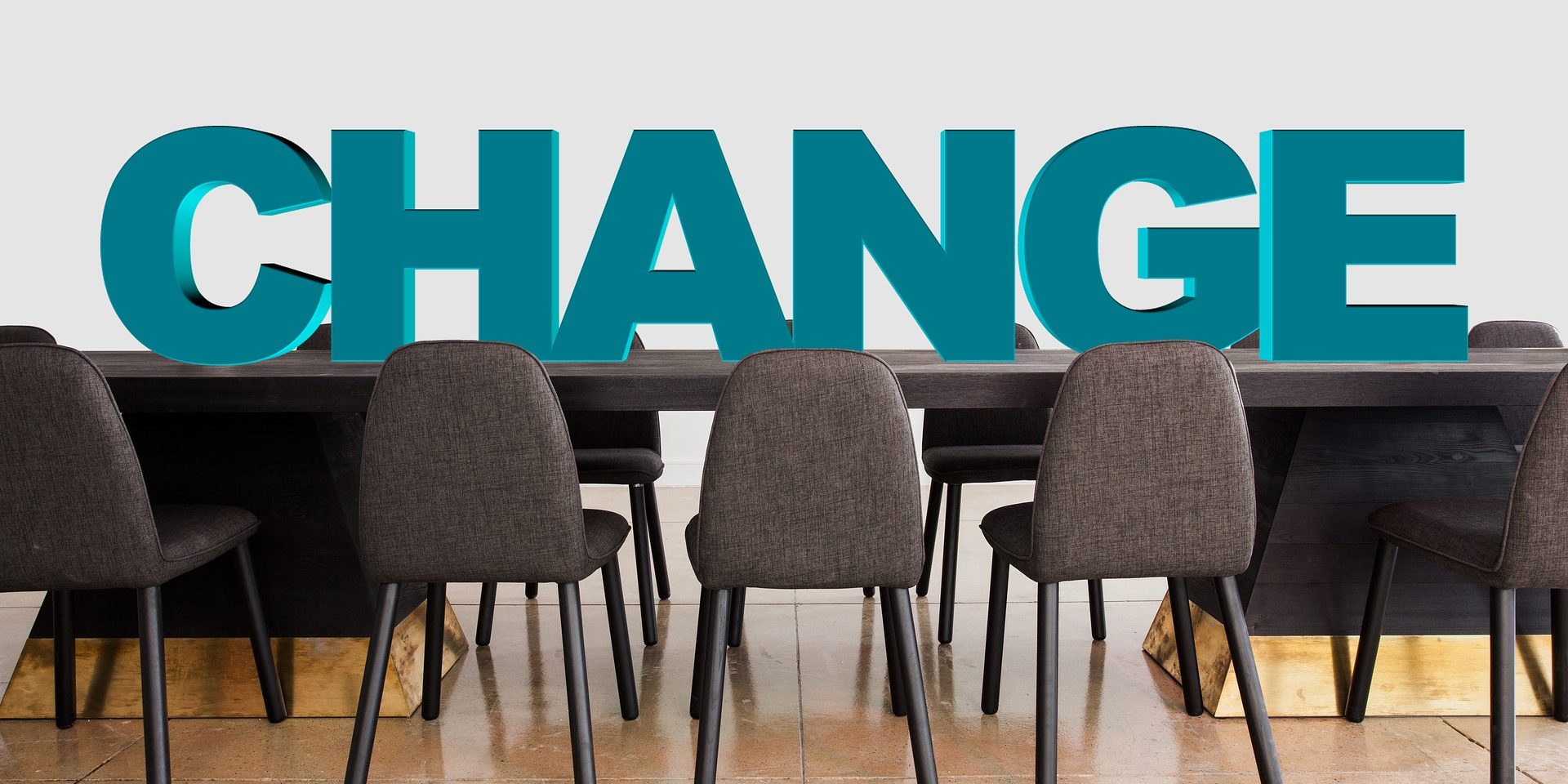
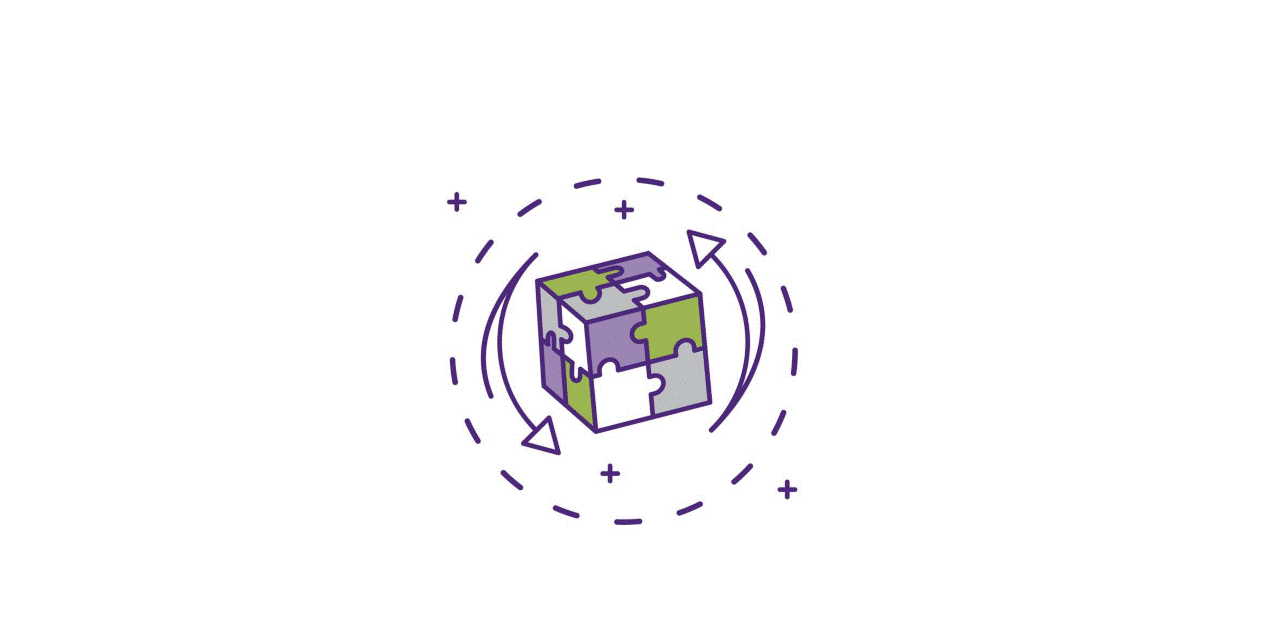
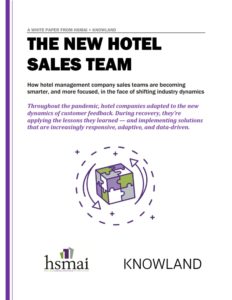
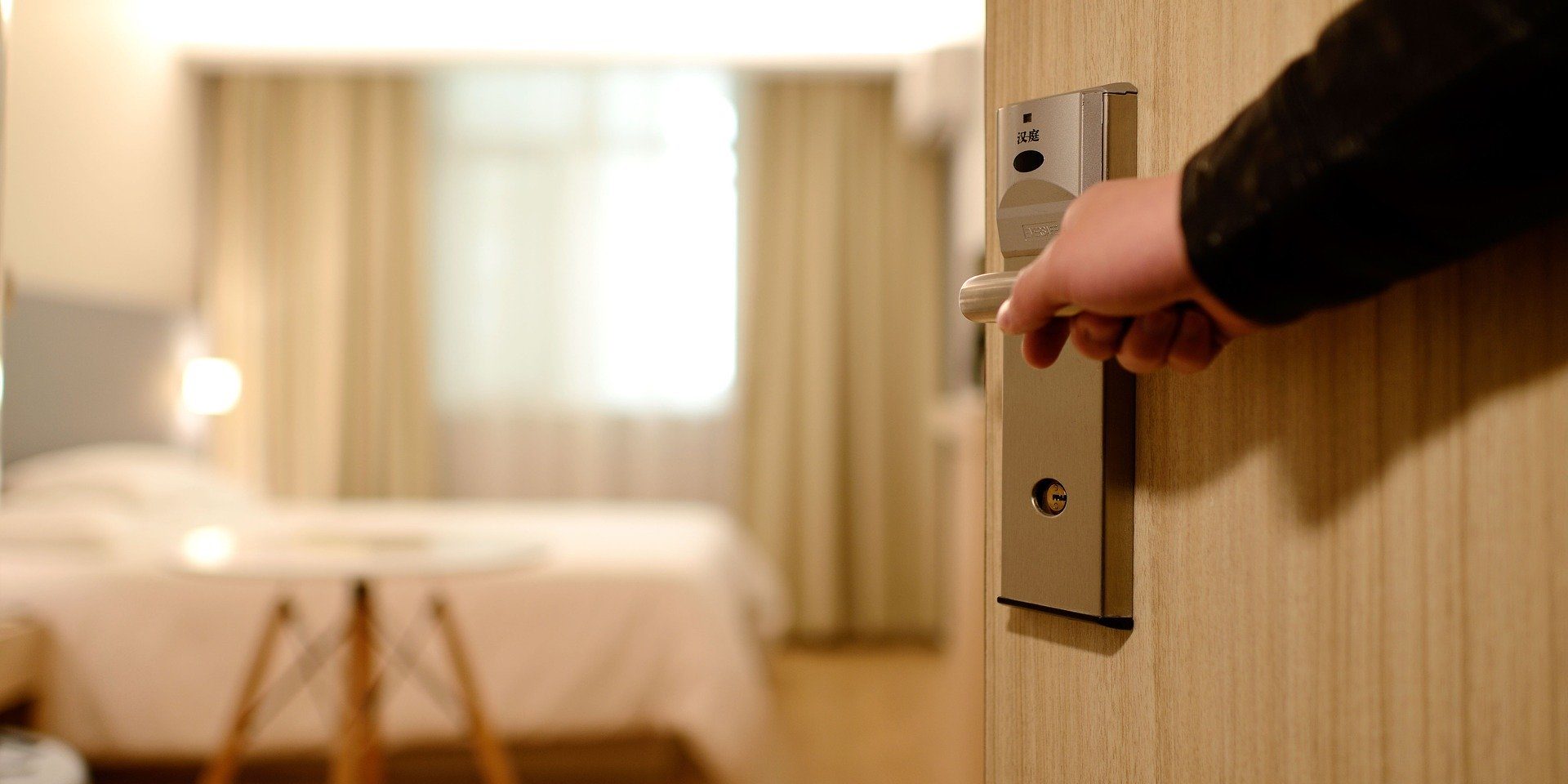
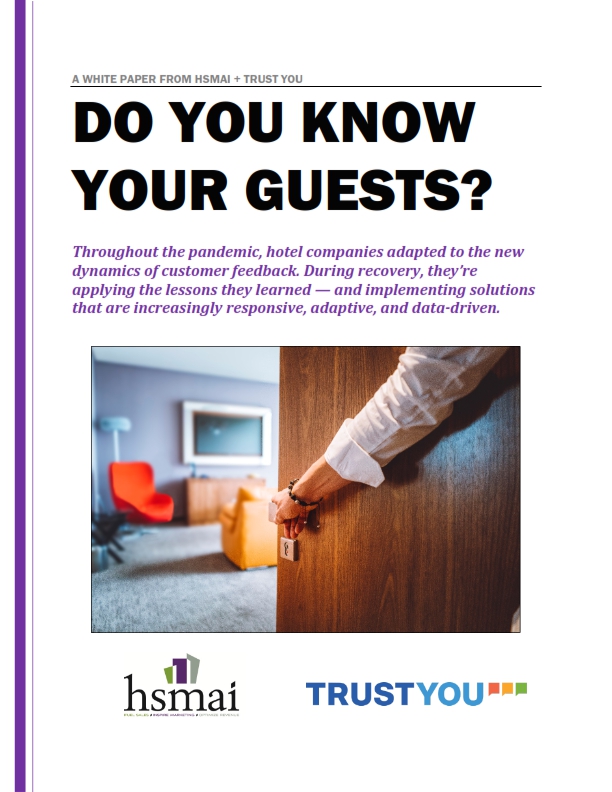


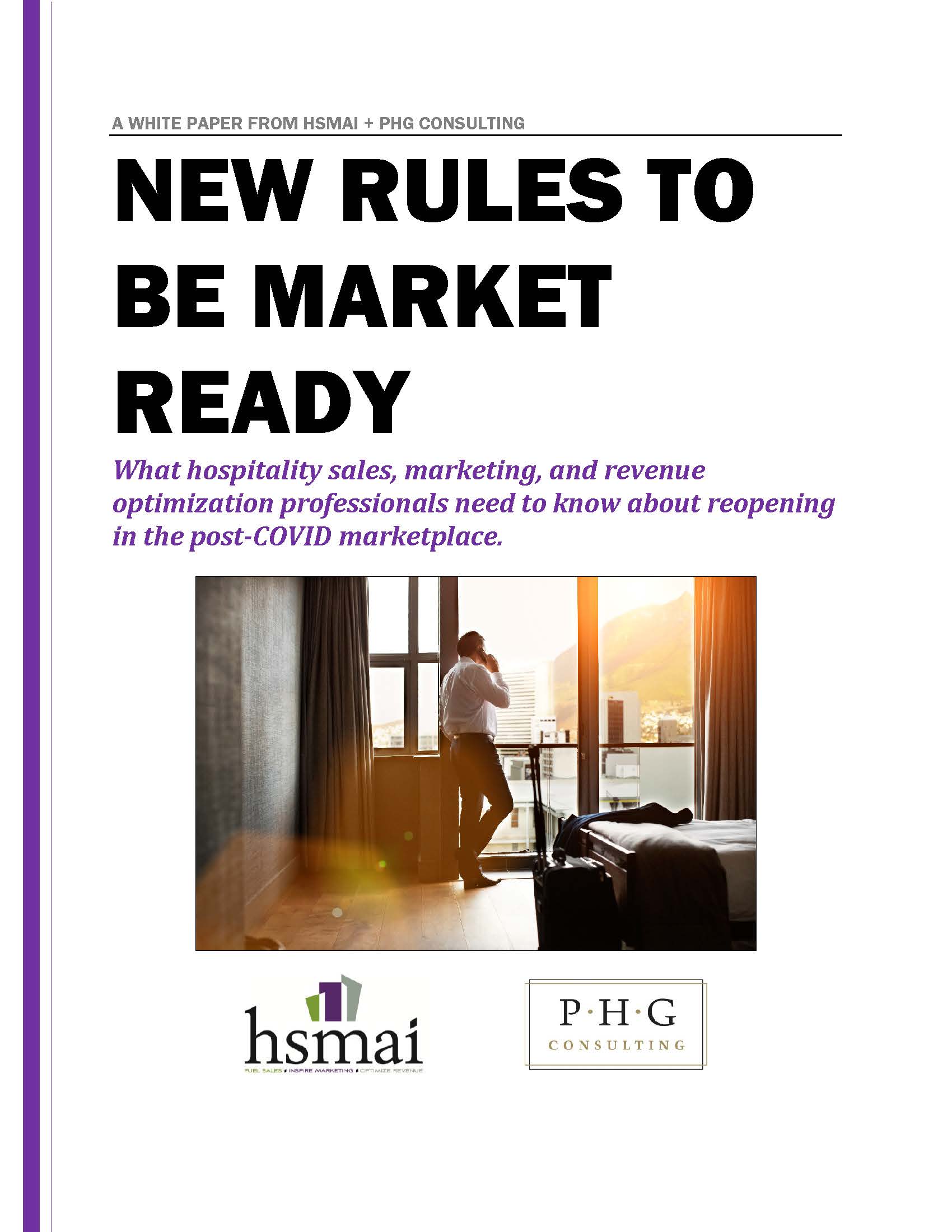 While hotel technology is still fragmented in that there are many systems for differing needs, it is important to understand that the configuration and use of each one affects the output and success of the others, and therefore the hotel’s optimization and profitability. For example, how your central reservation system (CRS) and property management system (PMS) are uniquely set up directly affects your revenue optimization processes — both manual and automated.
While hotel technology is still fragmented in that there are many systems for differing needs, it is important to understand that the configuration and use of each one affects the output and success of the others, and therefore the hotel’s optimization and profitability. For example, how your central reservation system (CRS) and property management system (PMS) are uniquely set up directly affects your revenue optimization processes — both manual and automated.
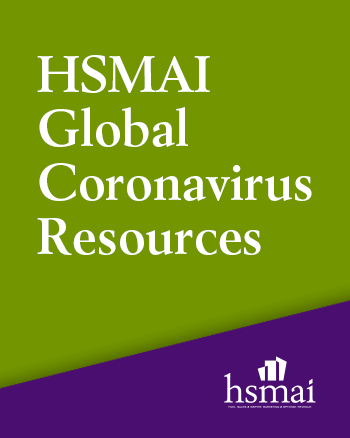 The group sales landscape likely will be very different in the near to medium term. The entire world has watched meetings and events scheduled for the first half of 2020 either cancel or postpone to later in the year, or even move to 2021. The challenge is knowing the best time to rebook. Hotels will need to be agile in pivoting to whatever the new normal looks like.
The group sales landscape likely will be very different in the near to medium term. The entire world has watched meetings and events scheduled for the first half of 2020 either cancel or postpone to later in the year, or even move to 2021. The challenge is knowing the best time to rebook. Hotels will need to be agile in pivoting to whatever the new normal looks like.

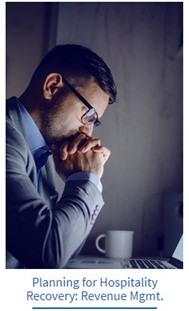 Let data guide your recovery plan. These questions should stay top of mind for you as your revenue strategy evolves:
Let data guide your recovery plan. These questions should stay top of mind for you as your revenue strategy evolves:
 How you interact with customers amid change and stressful situations can make or break your brand reputation. Studies indicate that consumers will remember how brands reacted during this time, creating trust that can lead to future bookings. To continue relationship building for each phase of recovery, you should:
How you interact with customers amid change and stressful situations can make or break your brand reputation. Studies indicate that consumers will remember how brands reacted during this time, creating trust that can lead to future bookings. To continue relationship building for each phase of recovery, you should: